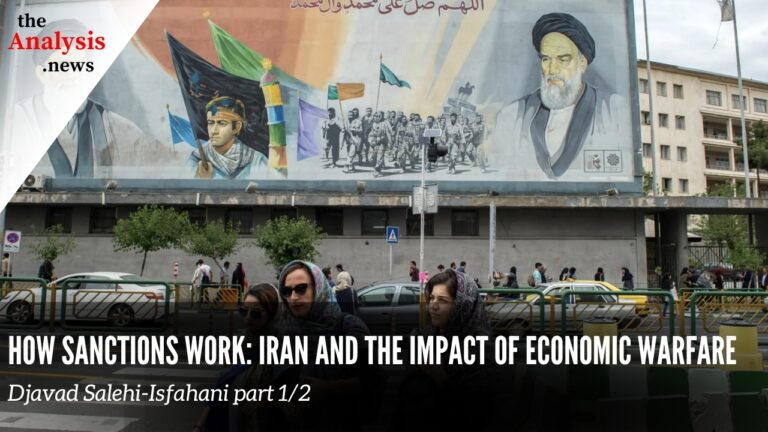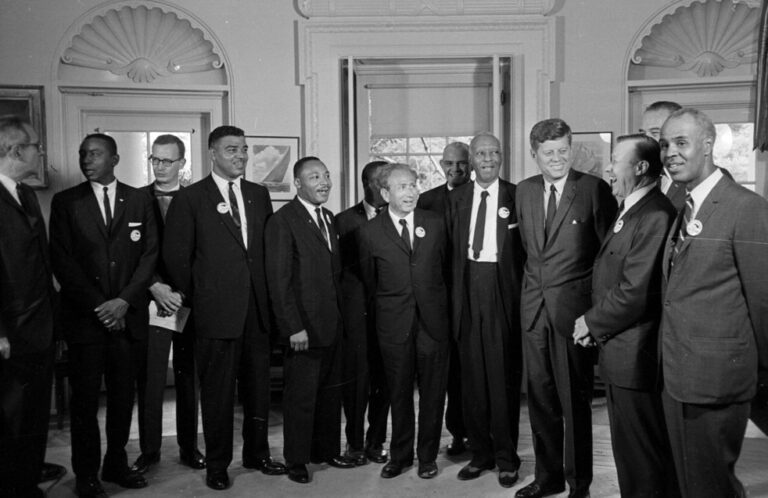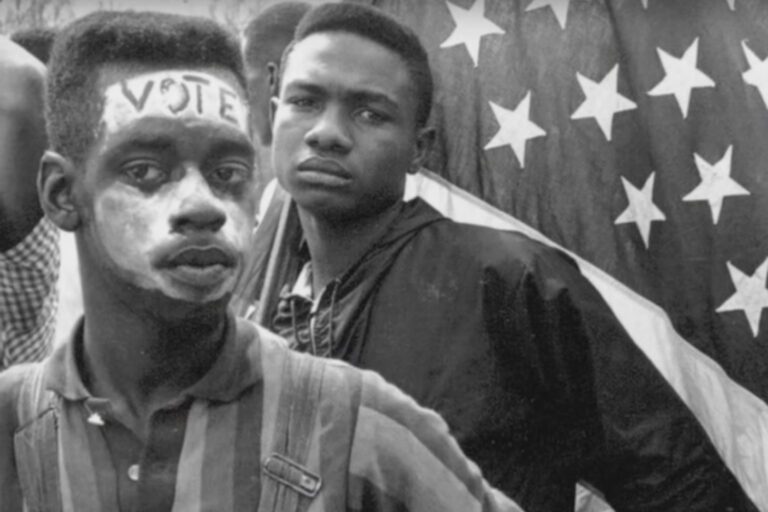Similar Posts

FED’s $10 Trillion Defends Assets of the Rich – Michael Hudson
The Federal Reserve is directly buying stocks, bonds, junk bonds, mortgages, junk mortgages, all to prop up the value of assets owned by the top 5%. This does not spur much new production or create jobs. Michael Hudson joins Paul Jay on theAnalysis.news podcast

How Sanctions Work: Iran and the Impact of Economic Warfare – Djavad Salehi-Isfahani Pt. 1/2
U.S. President Trump has extended the aims of his first presidential term’s “maximum pressure campaign” by slapping additional sanctions on Iran. Djavad Salehi-Isfahani, Professor of Economics at Virginia Tech, describes the detrimental effects of U.S. sanctions on Iran’s economy and society. Salehi-Isfahani illustrates how the sanctions’ differentiated effects often result in them being “invisible” to certain segments of Iranian society, leaving some Iranians convinced that their government is solely to blame for the country’s economic woes. In addition, he asserts that the combined effects of U.S. sanctions and Iran’s policy choices continue to hollow out the Iranian middle class: while the government has assisted the poor with large direct cash transfer programs, it has largely ignored the demands of its middle class.

The Kennedy Brothers Thought the Civil Rights Movement Was a Nuisance at Best – Glen Ford Pt 4/5
On this episode of Reality Asserts Itself with Paul Jay, Glen Ford discusses the JFK presidency and its relative indifference towards the black freedom struggle. This is an episode of Reality Asserts Itself, produced November 22, 2013, with Paul Jay.

Fannie Lou Hamer and the Racist Dixiecrats – Bob Moses on Reality Asserts Itself Pt 6/9
Sad news that Bob Moses, a leader of the civil rights movement, died on July 25, 2021. We commemorate his work with a replay of his appearance on Reality Asserts Itself with Paul Jay, first released on June 20, 2014. Mr. Moses describes how in 1874 the white racist Democratic Party violently overthrew the Governor of Mississippi (who had been elected by a mostly black Republican Party), and how these Dixiecrats became a wing of the national Democratic Party right up to 1964, when the Mississippi Freedom Democrats ended their reign.

YouTube Censorship and Now What’s Happening in Kansas – Thomas Frank
Thomas Frank and Paul Jay discuss censorship by monopolies and changes in the political landscape of Kansas, on theAnalysis.news

Juice Media Satire: Australian “Values”
The Australien Government has made an ad about Australian Values for people planning to become citizens, and it’s another biting satire.

Have long enjoyed Gerald’s analysis. But it was only with this interview that I realized how exciting and profound a scholar he is.
This has been a very interesting analysis. Notice that this is written in the past tense. Now if I wrote, “This is an interesting analysis” it takes on a whole different meaning. Same idea with the writing of history when the historian draws a line between the past and the present. The past is portrayed as radically different than the present and there’s an invisible barrier that can never be crossed because the past is gone forever and never to be lived again by anyone. Then what is history? If you look at the classical historians they were the ones that wrote a grand story of an event that took place in the past and wrote the story to be read in the present. Much of it was written as a tall tale and if read today might be considered a work of fantasy, even a made up fiction. But somehow it’s believed to be true enough to be considered that it really happened. Even if there’s a giant and a three headed monster involved in the narrative. So the question becomes what are the facts in the history so there is truth behind the story? This is where stuff gets tricky because someone might ask, “What really is a fact?”
I don’t mean to sound tedious but history has been written the old way, the grand narrative way, for more than 3000 years and it’s not until we get to the last couple of hundred years that history starts to concern itself with uncovering the facts behind any truth. So when a historian goes to an archive and starts looking at accounting records and finds records about the slave trade then slavery becomes a fact. It really took place. There are records available and are even viewable on google scholar that illustrate slavery happening in real time. Now why did slavery take place? One approach would be to say that slavery became an economic necessity because there was a scarcity of labor in the new world. This might be true but does it really explain slavery? It’s not until you start looking at the belief of race, quite the vogue expression in the 19th century, and a desire to explain slavery as it stood back in the 1850s, that you find one dominant group, namely the southern white slave holders, considering themselves superior over blacks because of their race and running an entire economic system in the south through slavery.
If the writing of history is pushed back to the grand narrative event form then there will be a history that will be less true, more fantasy like, and more twisted to fit a mould created to deceive people. In this situation history will become just plain old bullshit. But if you want a real history you have to have facts to make it up, dress it up, take it out on a night on the town, and come home on the Mail Wagon at the crack of dawn.
Whereas Nietzsche elsewhere lamented a lack of historical perspective, he also compared the historian to the crab: he looks backward so long he begins to think backward too. In the interest of simplification it seems to me you are taking the history as more than it need be to the point it confuses. Or confuses your comment because I’m not quite sure what your point is. I’m not so sure Tacitus didn’t employ facts in his histories. And Howard Zinn made clear who makes real history: the collective actions of ordinary people and their quest for justice.